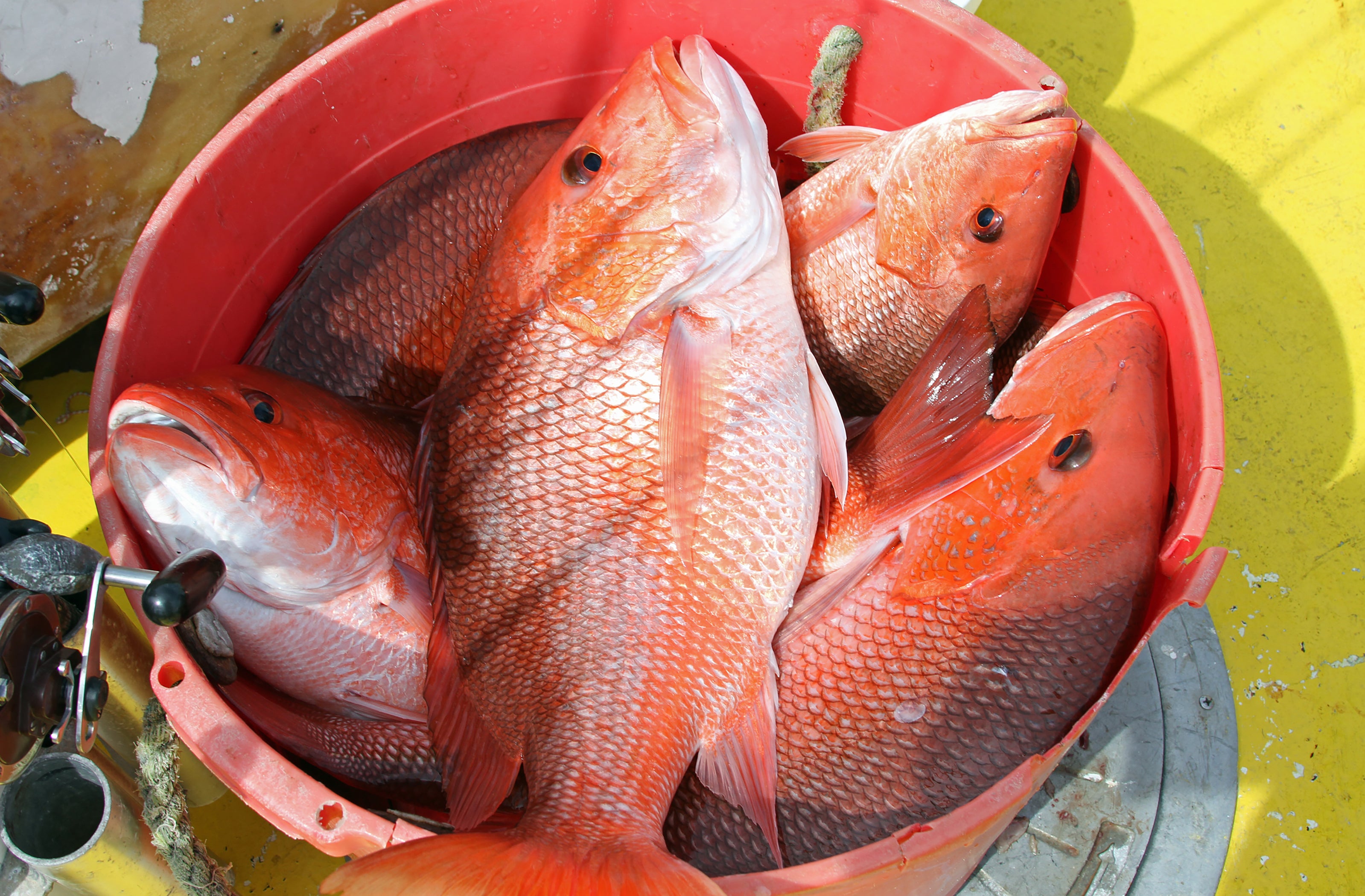If you weren’t able to attend one of three public meetings recently, the Alabama Department of Conservation and Natural Resources’ (ADCNR) Marine Resources Division (MRD) wants your input.
The meetings were held in Spanish Fort, Tillman’s Corner and Orange Beach to engage the public on a variety of subjects concerning Alabama’s saltwater fisheries management, including the state’s iconic fish species, the American red snapper.
“We are always listening to what the public has to say,” said MRD Director Scott Bannon, who will present the information to ADCNR Commissioner Chris Blankenship for possible consideration at the March 8 Conservation Advisory Board meeting in Montgomery. “We want to hear what people are seeing, what they’re not seeing and what their thoughts are. It is important to us considering the resources are really theirs.”
Of course, red snapper was high on the discussion list at the meetings with the current Alabama season extending through the end of the year. The numbers as of December 9 from Snapper Check, the mandatory reporting system, indicate private recreational anglers are not likely to reach the quota limit of 659,654 pounds this year.
One proposal brought up at the public meetings was possibly opening the recreational season for the entire month of June instead of just the current four-day weekends of Friday through Monday. The season would revert to four-day weekends in July and continue until the annual quota is estimated to be met. MRD said fishery-independent research suggests the red snapper population is stable, and, while maintaining the ability to monitor catch levels, the season structure could be modified to stay below the harvest limit.
“There was a lot of support for keeping the recreational season open all of June,” Bannon said. “There are also a lot of people who like the weekend season like it is now. We will discuss that with the Commissioner and see how he wants to proceed.”
Currently, the captain and crew on state-permitted vessels for hire are allowed to retain a bag limit of fish in addition to the customers’ take. On those vessels designed to carry six or fewer passengers, the captains asked whether eliminating their bag limit would have any effect on the resources. Bannon said 309 vessels are permitted by the state for residents and 36 for non-residents. Those vessels are permitted to fish for any species in state waters, and some will make multiple trips in a day. About 100 federally permitted boats dock in Alabama and if they are fishing in federal waters they would abide by existing federal captain and crew regulations.
“Our guide industry has learned to be very responsible and encourage people to have a conservation mindset,” Bannon said. “They just felt there was not a need for captain and crew bag limits to be kept. Within the industry, most people wanted that.
“When you look at the data, the number of trips where the captain and crew kept limits the percentage has gone down, but the number of trips has gone up. When we first started, we sold about 150 licenses, and now that number is more than 300.”








